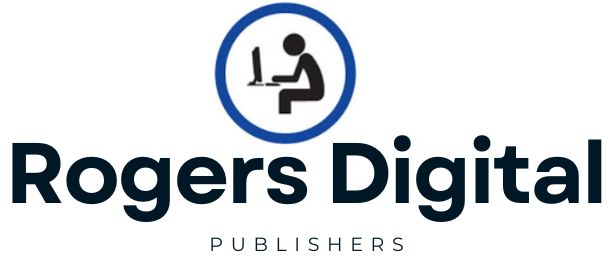Gas Appliance Safety: Tips and Best Practices for Homeowners

Gas appliances are essential components in many homes, providing comfort and convenience in our daily routines. They come with numerous benefits, including energy efficiency, cost-effectiveness, and immediate heat. However, proper usage and regular maintenance are key to ensuring these appliances operate safely. This article presents a comprehensive guide to gas appliance safety, offering tips and best practices that every homeowner should know.
Understanding Gas Appliances
Gas appliances include a wide range of household equipment, from heating systems and stoves to water heaters and clothes dryers. They are powered by natural gas or propane, which are efficient, clean-burning fuels. Although these appliances are generally safe, a malfunction can lead to gas leaks, which may result in health problems, fires, or even explosions. Therefore, understanding how to use and maintain your gas appliances correctly is crucial.
Installation and Maintenance
Regular Maintenance
Like any other equipment in your home, gas appliances need regular maintenance and gas appliance repairs to keep them functioning optimally and safely. Routine checks can help identify and rectify minor issues before they escalate into serious problems. It's advisable to have your appliances inspected by a qualified technician at least once a year. The professional can clean, adjust, and repair components as needed, ensuring your appliances are in good working order.
Professional Installation
All gas appliances should be installed by a certified professional. Incorrect gas appliance installation can lead to gas leaks, inefficient operation, and potential damage. When purchasing a new appliance, ensure you have it installed by a reputable gas fitter who follows all safety regulations and manufacturer's instructions.
Detecting and Responding to Gas Leaks
Recognising Gas Leaks
Propane and natural gas have a distinct, pungent smell, similar to rotten eggs, added to aid in the detection of leaks. Other signs of a potential leak include hissing sounds near gas lines or appliances, dying indoor plants, or an unusually high gas bill.
Responding to Gas Leaks
If you suspect a gas leak, your first priority should be to ensure everyone's safety. Open all doors and windows to ventilate the house, turn off the gas supply if safe to do so, and avoid using electrical devices or flames that could ignite the gas. Evacuate your home and call in a professional to check and repair the leak. Remember, never attempt to locate or fix a gas leak yourself.
Using Gas Appliances Safely
Proper Ventilation
Gas appliances require adequate ventilation to operate safely and efficiently. Poor ventilation can lead to a build-up of carbon monoxide, a potentially deadly gas that's odourless and colourless. Ensure your home is well-ventilated, especially the areas where you use gas appliances.
Installing Carbon Monoxide Detectors
A carbon monoxide detector is an essential safety device for homes with gas appliances. This detector will alert you if there's a build-up of carbon monoxide in your home, allowing you to take action before it poses a risk to your family's health.
Reading the Manufacturer's Instructions
Each gas appliance comes with a manual from the manufacturer, which includes specific instructions for safe usage and maintenance. Always read and follow these instructions. If you have any questions or concerns, consult with a professional.
Educating Your Family
An essential aspect of gas safety is making sure all members of your household understand the basics. Teach your family about the smell of gas, how to turn off the gas supply, and what to do in case of a suspected gas leak. Establish clear rules about who can use gas appliances, especially for children.
In conclusion, while gas appliances provide many benefits, they require proper care and handling. Regular maintenance, professional installation, and the correct response to gas leaks can ensure these appliances serve you well without posing any risk. By following these tips and best practices, you can enjoy the convenience of your gas appliances while ensuring the safety of your home and family.

